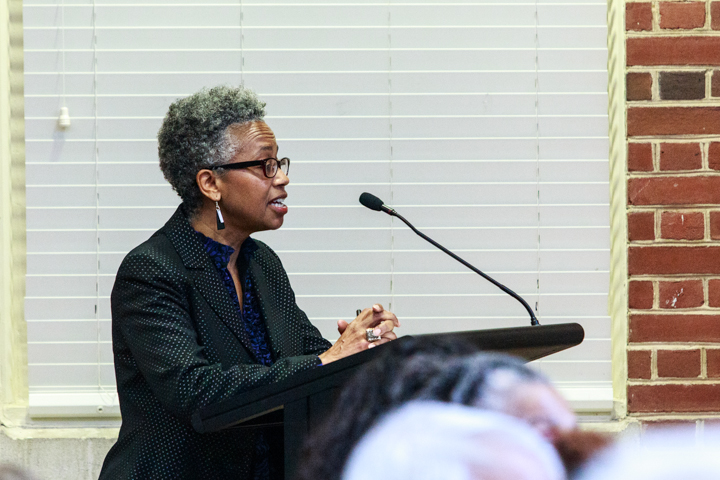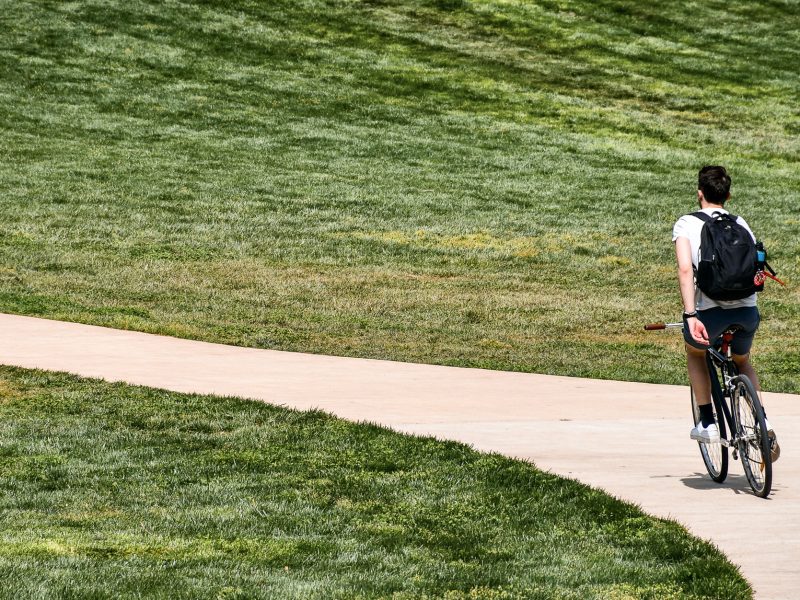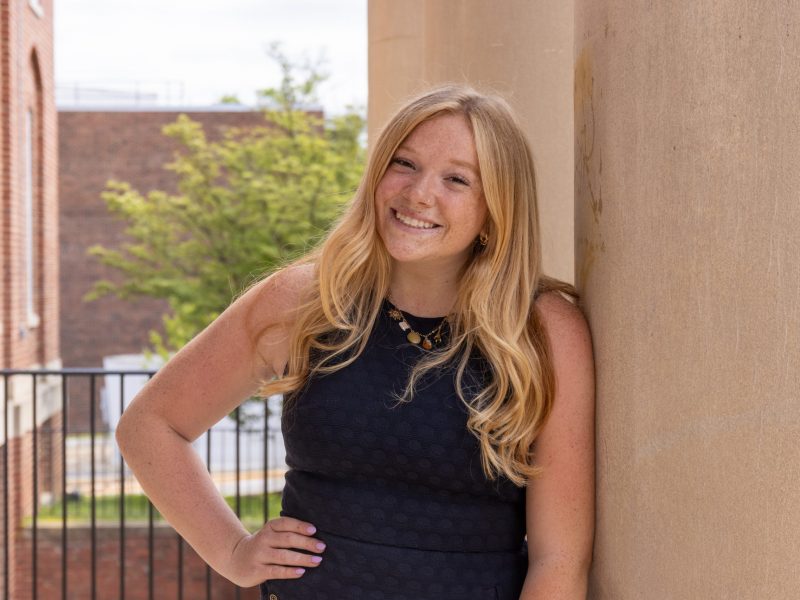As the University of Maryland administration considered last semester whether to change the name of the former Byrd Stadium, one thing became clear: There were larger issues at hand.
Confronted with rising concerns surrounding diversity — not only with the university football stadium but in discussions taking place at the University of Missouri, Yale University and other universities throughout the country — university President Wallace Loh decided to face the issue head-on.
“He said, ‘Let’s try to do something different; let’s open up a dialogue with everybody,'” said Brian Ullmann, university marketing and communications assistant vice president. “‘Let’s talk about our differences, our differences of opinion, and give everybody a chance to say how they’re feeling.'”
The Maryland Dialogues on Diversity and Community, which the University of Maryland announced Monday in an email to the student body, seek to draw members of the university into conversations around race and racism, gender, sexuality, class, ethnicity, language, religion and disability.
The initiative, designed as a series of events, will address inclusiveness, as well as prompt discussion, listening and a greater understanding of the campus community.
In February, events under the Maryland Dialogues umbrella include The Black Monologues to be held in Stamp Student Union, a discussion on racism and free speech in the media at Knight Hall, a program titled My Black is Beautiful, and a play called Baltimore, which will be performed at the Clarice Smith Performing Arts Center, among many others.
The events will be open to students, faculty and staff.
The initiative, in conjunction with the President’s Student Advisory Council and the Office of Diversity and Inclusion, also includes a grant for registered student groups to create programming that aligns with the goals of Maryland Dialogues. Student groups will be eligible to receive up to $750 for events or activities.
Kumea Shorter-Gooden, university chief diversity officer, said she sees the dialogues as a reaction to events transpiring both on the campus and nationally.
“We’re in the time of Ferguson, and events at the university don’t happen in a vacuum — we’re down the road from Baltimore where Freddie Gray died nine months ago,” Shorter-Gooden said. “A huge national conversation has emerged on race and race relations. We thought we’d gone postracial after Obama was elected, and now look at what’s happening.”
On this campus in particular, she cited the renaming of Byrd Stadium, the racist and misogynist email unveiled last spring, and the showing of American Sniper as diversity issues showing the campus’s need for growth and discourse.
The university has a fairly diverse undergraduate student body, Shorter-Gooden said, with 42 percent of students identifying themselves as people of color, as of 2014. Frequently, though, she said she hears from students that the university isn’t “leveraging” that diversity and is failing to take advantage of the opportunity to learn.
“These dialogues will be an opportunity for everyone to utilize the diversity that we have as a source of learning and understanding,” she said. “We have diversity, but we can do much more around inclusion, to create a campus where people feel they have a voice and a space where they are welcomed and their student peer or neighbor gets them.”
The Maryland Dialogues will continue through 2016 and hopefully in the near future, Ullman said, as students graduate and the need to educate and involve new university students arises. He stressed the importance of student involvement moving forward with the program.
“These discussions have to be authentic and they have to be real,” Ullmann said. “The faculty, staff and administrators can do a good job of facilitating, but the real opportunity comes with the students themselves in peer-to-peer conversations.”
Senior individual studies major J.T. Stanley, who worked on the Maryland Dialogues Implementation Team along with deans from each college at the university and other faculty, praised the university for “capitalizing on the momentum” surrounding diversity, but said the most important thing is to translate these dialogues into substantive changes.
There are groups of highly educated diversity advocates at the university, Stanley said, but not all students are very knowledgeable on the issue — they might be ambivalent or engage in microaggressions, he said.
In order to progress as a student body, it will be those students who have to have their eyes open and their minds changed by the dialogues, he said.
“The big thing is moving the needle on the mass of the population; that’s where we’ll get change,” he said. “This is essentially the last point in people’s lives where their opinions are malleable — this is so, so vital.”



